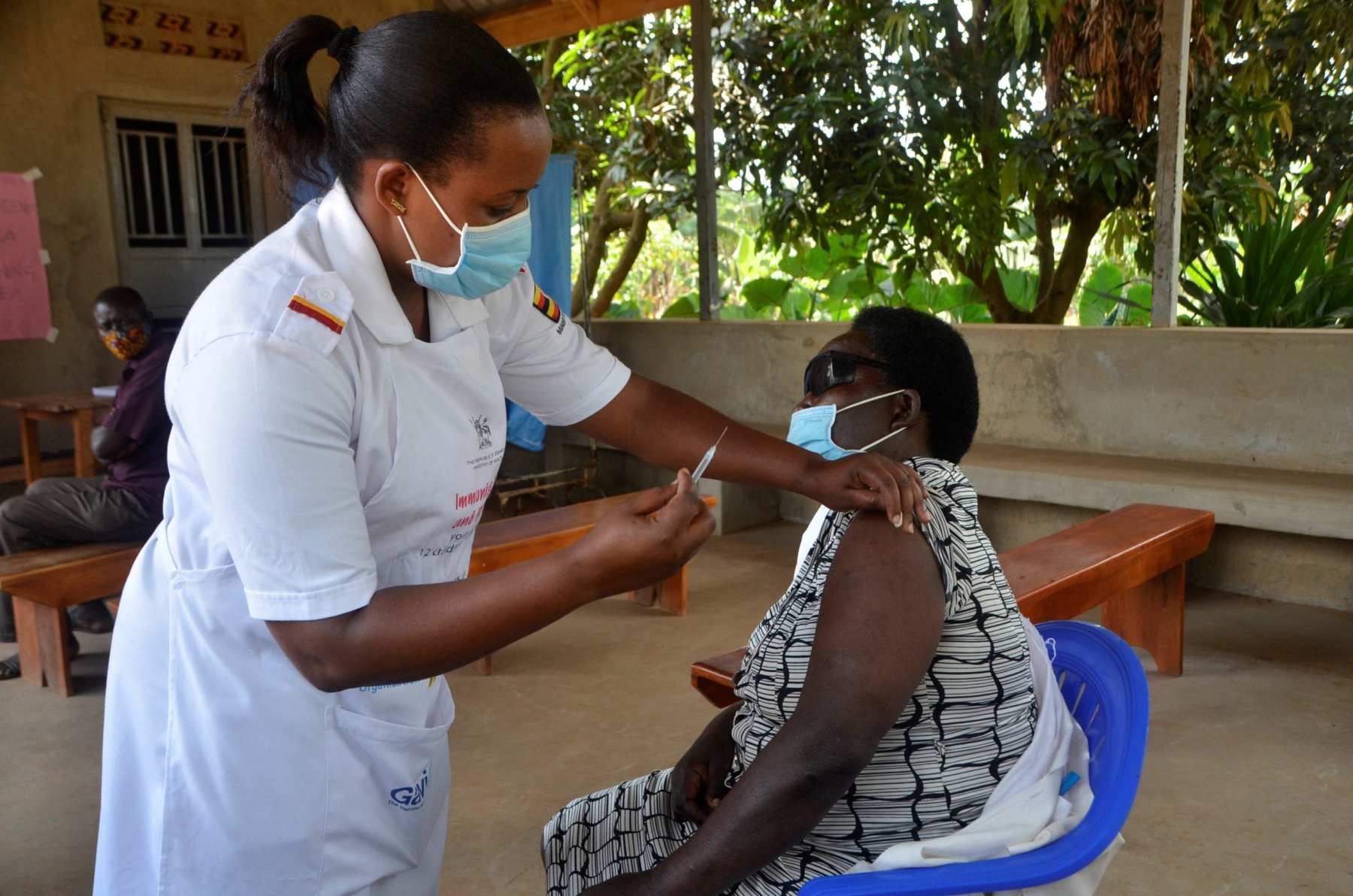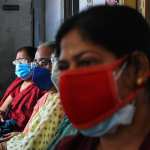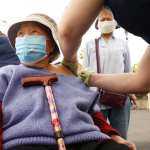As many as 1.4 million unplanned pregnancies worldwide. Surges in domestic violence. Heightened barriers for people seeking HIV medication.
The global impact of the COVID-19 pandemic has been nearly impossible to study in detail, but early sketches from health researchers show a crisis that has heightened deep-seated gender inequities that — because of an international divide in the vaccine rollout — could reverberate for years.
“Even before the pandemic, things were not good for women and girls around the world when it comes to meeting fundamental needs and rights for sexual and reproductive health,” said Zara Ahmed, a foreign policy expert at the Guttmacher Institute, a reproductive policy organization in Washington, D.C. “The pandemic has taken things from bad to worse.”
Because vaccine supply is dramatically limited, many of the least wealthy nations aren’t able to access them and will not have enough to immunize a large percentage of people for months. Few African nations had received any vaccine supply at all before March. Without intervention, global forecasters estimate that many of the least wealthy nations — including many countries in Asia, Latin America and sub-Saharan Africa — won’t be able to vaccinate enough people to develop some kind of herd immunity until 2023 or 2024.
Meanwhile, the United States has bought more than enough vaccines to immunize its entire population, and President Joe Biden has vowed to have enough vaccines for every adult ready for distribution by May 1. The United States, which leads the world for both coronavirus cases and deaths, accounts for more than a quarter of all vaccines administered worldwide. The Biden administration has announced plans to start sharing some vaccines that were not being used here with Mexico and Canada, and is working with three other countries to start increasing vaccine supply in Asia, but many criticize the approach.
“It’s a mess. The U.S. should absolutely be doing its best to make sure that there’s equitable access in the world,” said Terry McGovern, a population and family health professor at Columbia University who studies gender disparities in global health.
Women appear less likely than men to die from the virus. But across the world, they make up the vast majority of the health care workforce and are more likely to be caregivers — positions that could increase their risk of viral exposure — and they are also more likely to have lost work in the pandemic.
But not all countries collect data on gender gaps in terms of virus case count or disparities in COVID deaths, leaving researchers with little hard data on the virus’s global gendered impact. There is no data that looks at LGTBQ+ people specifically, or at the intersections of race, gender, age and class. It will take years for researchers to fully understand which countries and communities have been most affected, experts said.
“We have all these stereotypes about who’s poor and who’s not poor and who’s likelier to get sick and who’s not,” said Jane Henrici, an anthropologist at Georgetown University who specializes in intersectional gender disparities. “It’s hard to make definitive statements and predict what’s going to happen in the next few years.”
Still, what has emerged suggests that gender inequities have deepened.
UNICEF, the child-oriented branch of the United Nations, projects 10 million more child marriages could occur over the next decade because of the pandemic, citing school closures, economic strain and disrupted access to health services.
The UN estimates a mid-range figure of an additional 1.4 million unintended pregnancies occurred last year because of interrupted access to reproductive health care in particular. Groups like Guttmacher estimate that likely translated into hundreds of thousands more unsafe abortions worldwide than would otherwise have occurred.
Women across the globe have been significantly more likely to lose work because of pandemic-induced shutdown. The UN also anticipates that the poverty gap — a global comparison of extreme poverty’s prevalence between men and women — will grow this year from 118 women per 100 men to 121 women per 100 men.
“There are all these widening gaps making things much worse,” Ahmed said.
McGovern led a study examining the pandemic’s outcomes in Uganda, Nigeria, South Africa and Kenya — all countries where women have substantially higher rates of HIV, one of the factors that puts someone at risk of severe outcomes. COVID-19 vaccines are only barely becoming available in those countries, even though one of the concerning new variants of the coronavirus first appeared in South Africa.
Across the board, the researchers found, the pandemic has resulted in an overwhelmed health care system and subsequent lockdowns that undercut HIV treatment, as well as sexual and reproductive health services because of temporary shutdowns and difficulties getting health supplies.
The research also found that women experiencing gender-based violence struggled to access counseling and therapy and were unable to find shelters. Gender-based violence has increased worldwide in the past year, in what the United Nations secretary general has called a “shadow pandemic.” Organizations that typically worked to prevent or respond to violence, including the police, were less likely to make that work a priority in the pandemic.
The research was focused on last summer. But McGovern said she worries that countries unable to escape the public health emergency will continue to see gender-based violence escalate, and services grow more difficult to come by.
“You’re going to really see huge setbacks,” she said.
Already, the implications of the pandemic are clear and troubling, said Eunice Muslime, a Uganda-based lawyer and women’s rights advocate who works with women around the region.
Across the region — in Kenya, Tanzania and Uganda — teenage pregnancy is increasing, and violence against women is a growing concern, she said. The women she works with are often unable to find affordable reproductive health care. Many children who are HIV-positive but have not told their families aren’t able to safely get treatment, she said. And the economic hit has taken a deeper toll on women, who were more likely to work in self-employed jobs — selling wares at outdoor markets, for instance — that aren’t feasible in a pandemic state.
While Uganda’s case count remains low, she said, she’s worried about climbing COVID-19 rates in Kenya and South Africa in particular. Delays in vaccinations could prolong the pandemic’s effects in those countries. And for teenage girls especially, the impact could reverberate for years.
Many people she works with are also skeptical about the safety of the vaccine being made available, a two-dose shot by AstraZeneca whose European rollout has been riddled with vaccine hesitancy, and which appears to offer little protection against the B.1.351 COVID variant found in South Africa. Currently, Muslime doesn’t anticipate widespread vaccine availability until 2022, unless other countries act to help bolster access.
“That’s something the global community could definitely do more,” she said. “The vaccine is affecting us globally, so why are countries acting individually? … If the infection is not curtailed elsewhere, it remains problematic.”






